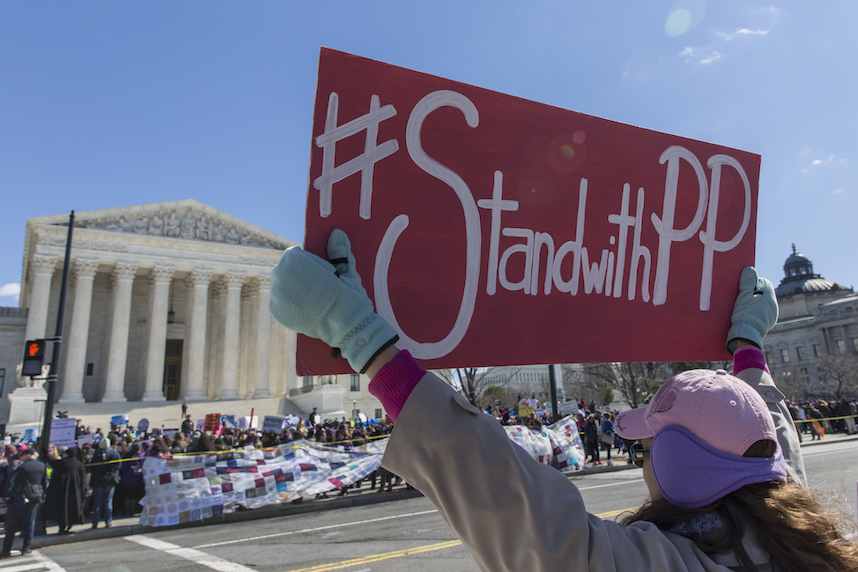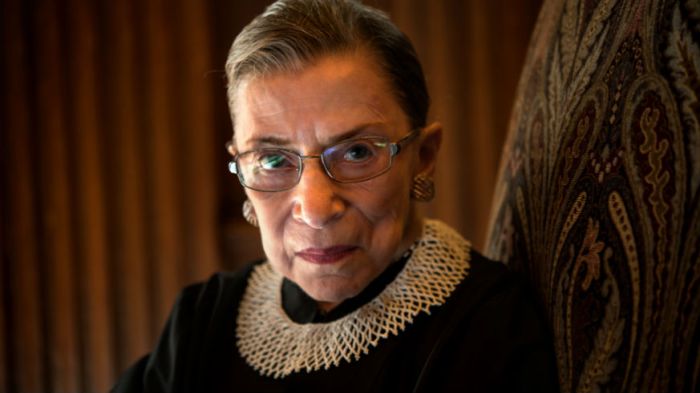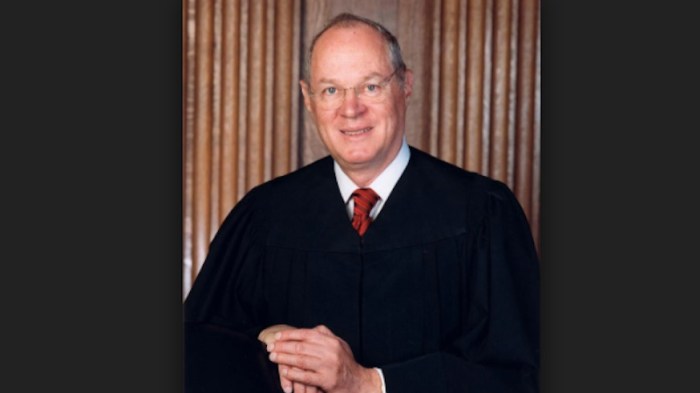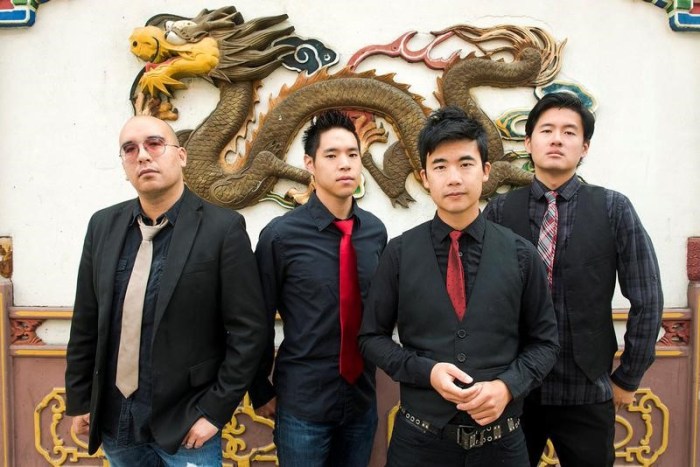Women’s-reproductive-rights advocates say they are on the precipice of an unknown.
Some fear accessibility to health care, contraceptives and the right to choose an abortion will be taken away by President Donald Trump, either by an executive order or with the help of a vote by his Supreme Court pick. Trump’s Supreme Court nominee, Neil Gorsuch, will likely keep the balance of the highest court in the land as it was before Justice Antonin Scalia died early last year. Provided the remaining justices live long, healthy lives, the nine-member bench will have a slight edge in favor of conservatives. Abortion-rights advocates fear the new, conservative Supreme Court justice could tip the balance against Roe v. Wade, the landmark case that made abortion legal on a federal level 44 years ago.
Metro spoke to Katharine Bodde, an attorney with the New York Civil Liberties Union, whose practice focuses on gender equity and reproductive rights.
Where does Roe v. Wade stand now?
That’s a pretty tricky question. We saw the president assign the global gag rule so foreign [nongovernmental organizations] can’t mention abortion in their provision of health care.
I think we are expecting certainly very serious concerns in Congress. … [We] expect a proposal to defund Planned Parenthood. Certainly, the right to abortion care is important, [and for women who can’t access abortion care], it is equally important to protect those women as well. New York Gov. Andrew Cuomo proposed an amendment to the state constitution that would codify the rights afforded by Roe v. Wade at a state level.
New York was actually one of the first states to legalize abortion three years before Roe v. Wade, but how New York reformed its laws before Roe was to create an exception to the crime of abortion called “justifiable abortion,” which is an abortion 24 weeks from pregnancy commencement or, after that point, when the woman’s life is at risk. And that still exists. So, technically, abortion in New York state is still in the homicide code. Will that keep protections in place even if Roe v. Wade is overturned in DC?
I think that it’s an interesting proposal. We would have to look at any proposal, but it’s a pretty serious push to amend the state’s constitution. We would have to have abortion removed from the criminal code in New York state. That’s the source of confusion with providers. Can the federal government withhold funding if the state doesn’t comply with a new ruling on abortion rights and access, similar to the threats made to sanctuary cities? There’s a lot of different ways to manipulate policy through funding.
Trump announced appellate judge Neil Gorsuch as his SCOTUS pick Tuesday night. Waking up Wednesday, what is different about today?
I think the composition would be technically the same if Trump puts in his pick. We’d have to, of course, go through a process, but once confirmed, the composition would be the same as before Justice Scalia passed. The concern was that was already a slim margin and we have some aging members of the court. We can just hope that there is no other opening. Can SCOTUS just dust Roe v. Wade off and reverse it?
The Supreme Court has to actually to have a case in controversy in front of them. They can’t just reverse it.
Is felling Roe v. Wade as simple as an executive order?
We do have institutions and mechanisms that are meant to check unbridled power in a certain branch. The concern is Trump has said he will sign legislation that would seriously restrict women’s rights, and he would appoint constitutionalists to the Supreme Court. What does 44 years of Roe v. Wade mean to you?
I did not live in a time before Roe v. Wade, but certainly throughout the course of history, women’s reproductive capacity has determined their place in society and the restrictions on when they have a family or even if they do. I was born in 1981. I have only lived in a United States where abortion was legal — not always accessible but legal.
I personally experienced and benefited from that. Part of my personal and professional goals is to ensure that women can be full participants in our society.
What else about abortion rights should people know?
There’s a lot more to talk about, right? We could talk about why there is abortion stigma in this country but not in others and where it comes from and how that’s related to, in my mind, to keeping women in certain roles and not necessarily quibbling about when life begins. For more information, read theNYCLU’s recent report “Critical Conditions: How New York’s Unconstitutional Abortion Law Jeopardizes Women’s Health,” co-authored by Bodde.
The future of Roe v. Wade and abortion rights in America

Lorie Shaull















